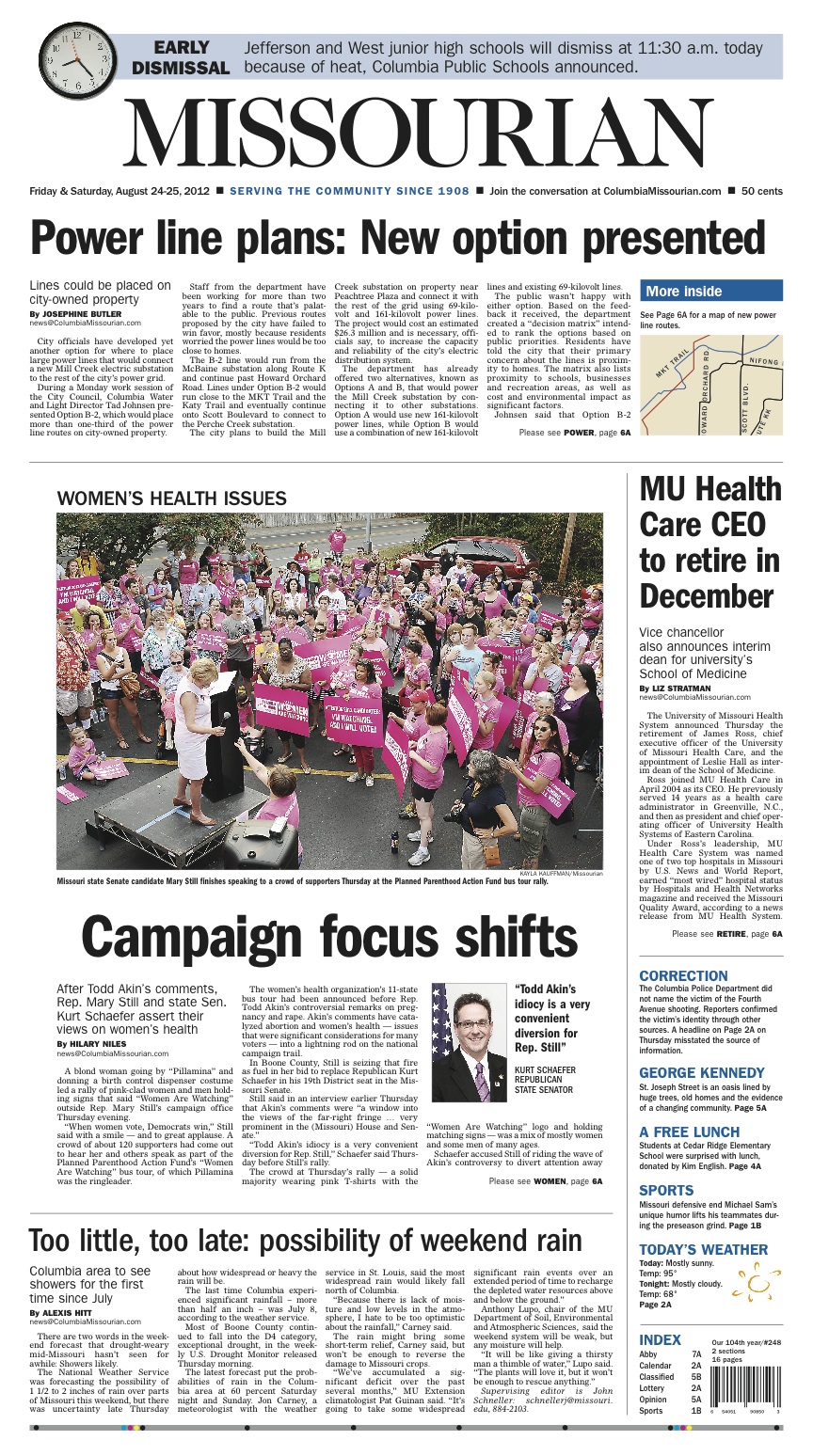The view from there: journalism from a policy perspective
This fall, I am getting the chance to peer in at journalism from outside the newsroom walls. There is no media theory or philosophy of journalism in a public policy class. No distinction between mass media and independent community media. Heck, there’s no distinction between “media” and “journalism.”
Here, framing is about how to structure a policy issue to attract the attention of reporters. Reporters are myopic servants of single-issue beats who simplify messages to fit the format of their media. Media are no more than businesses that lead with what bleeds and profit from conflict. And conflict is the enemy of compromise. Yet compromise is what solutions are made of.
In other words, the media, while essential, are also an intractable obstacle to constructive policy solutions.
Ouch.
I think one criticism, in particular, misses its mark at the same time it points to the greatest potential for journalism’s future.


